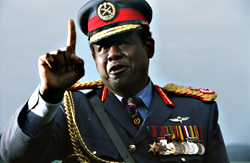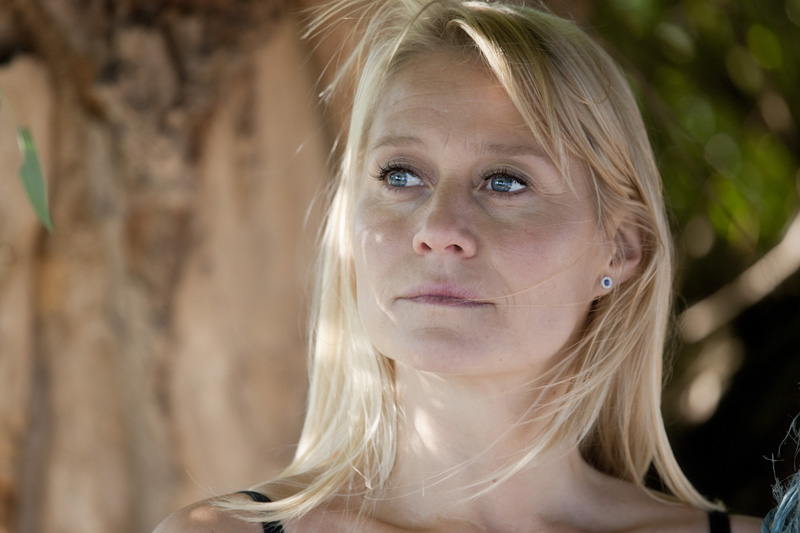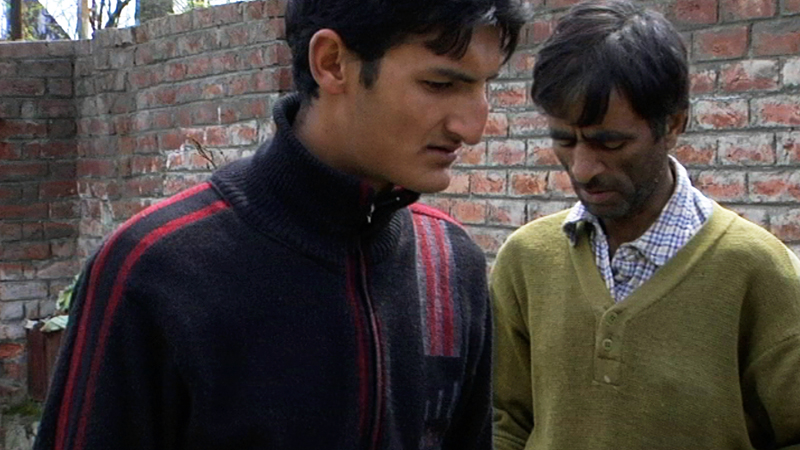In this adequate thriller redeemed by Forest Whitaker’s sensational turn as Idi Amin, freshly qualified Scottish physician Nicholas Garrigan (James McAvoy) arrives in Uganda in 1970, ravenous for adventure. Under the rigorous and vaguely romantic tutelage of a lithe blonde (helplessly played by Gillian Anderson), Garrigan makes a brief stab at caring for the rural poor, but he’s too feckless for the job. Soon a fateful encounter with a cow, a Maserati, and the new president rescues Garrigan for more glamorous pursuits as personal physician to Amin. These are two men gifted with a like, unerring talent for saying all the right things and making all the wrong moves. The difference being that one is responsible for the deaths of 1.5 million of his people.
The first excursion into narrative features by director Kevin Macdonald (Touching the Void, One Day in September), The Last King deals with real events filtered through Giles Foden’s 1998 novel. The change seems to have unsettled Macdonald, for the action sequences feel hardworking and awkwardly derivative of Under Fire, Salvador, and other superior thrillers of Westerners entangled in the legacy of imperialism. An audience with even the most cursory knowledge of the Uganda conflict will find itself way ahead of the hapless Garrigan and the expository screenplay.
McAvoy’s deftly drawn Garrigan, callow at first, then exponentially freaked by his own unwitting role in the sudden disappearance of dissidents and innocent bystanders, makes a compelling stand-in for the Ugly American growing an eleventh-hour conscience. But this versatile actor gracefully cedes the limelight to Whitaker, whose cunningly chameleonic performance makes us see how the mercurial Amin could so smoothly pull the wool over the eyes of a highly educated young Scot, not to mention an entire nation. Prankish, entranced by a good fart, witty, and politically savvy, Whitaker’s Amin can be the capering monkey or wild-eyed tyrant seen in countless television newsreels. But he’s also much more—a high roller overcompensating for a dirt-poor childhood, an astute manipulator of the West who hijacks a Palestinian plane hijacking for his own political purposes, and finally a madman whose careening paranoia will undo his country and himself. Whitaker humanizes Amin without in any way excusing his manipulative seductions or his appalling brutality, and he emerges as a tragic template for the whole raft of African tin-pot dictators who have followed him, their promise misshapen by a long history of poverty and colonialism, and by the premature acquisition of unchecked power. ELLA TAYLOR








